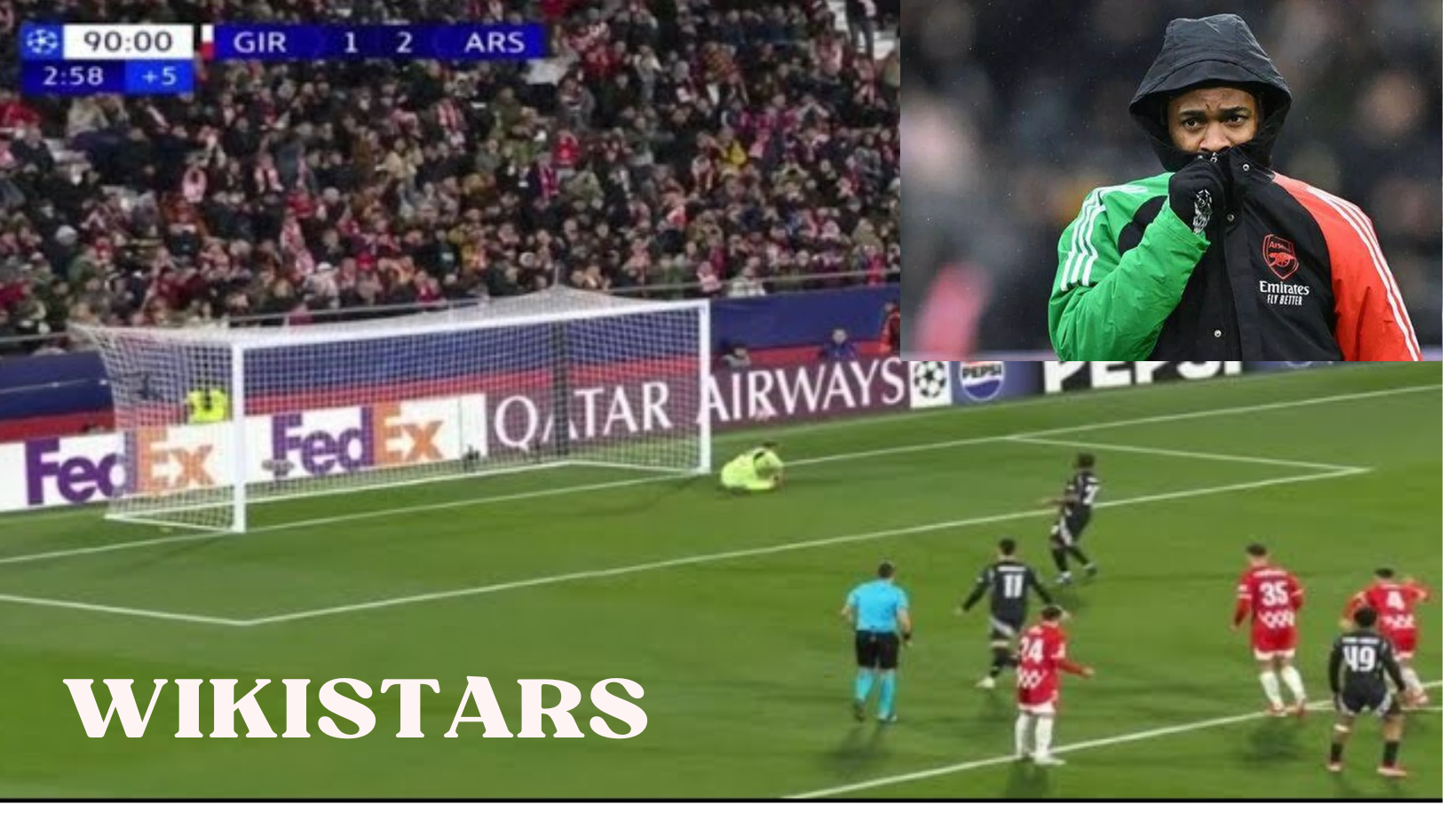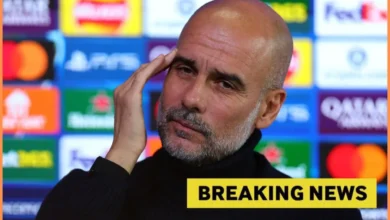Chelsea are taking Premier League rivals to court, the Blues are absolutely furious

Chelsea Football Club is reportedly upset with one of their Premier League rivals following a recent transfer that took place over the summer. This situation reflects an ongoing trend where Chelsea has been active in dealing with top teams in the league during transfer windows. A notable example includes Chelsea covering part of Raheem Sterling’s wages while he is on loan at Arsenal, with the hope that the Gunners may sign him permanently in the future. Additionally, players like Mason Mount and Kai Havertz have moved to rival clubs, while Chelsea’s standout player, Cole Palmer, was acquired from Manchester City.
This trend extends beyond senior players to the youth ranks as well. Recently, Rio Ngumoha made the switch from Chelsea to Liverpool, a move that has not sat well with the Blues. John Terry, a former Chelsea legend, expressed disappointment over Ngumoha’s departure, as many within the club recognized his talent and potential. Reports indicate that Ngumoha felt there was no clear pathway to the first team at Stamford Bridge, which likely influenced his decision to leave. However, Chelsea’s management is not taking this lightly. According to sources, they are pursuing legal action to determine how much they are owed due to this transfer.
This incident highlights growing concerns regarding the academy at Chelsea. The departure of a promising player like Ngumoha signifies a troubling sentiment among Cobham staff and young players, who reportedly lack confidence in securing a spot on the first team. This dissatisfaction is partly attributed to the transfer strategies adopted by Todd Boehly and his co-owners since taking over the club. Their focus has shifted toward acquiring some of the best young talent globally, with plans to bring in more such players in the upcoming summer transfer window.
The situation is compounded by the arrival of exciting prospects like Estevao Willian, who is expected to be integrated into the squad next season. As Chelsea navigates these challenges, the reaction to Ngumoha’s transfer reflects broader issues within the club’s youth development strategy. The frustrations felt by the academy staff and players underscore a pressing need for Chelsea to reassess how they balance nurturing homegrown talent while pursuing external signings. The club’s recent activities have created an atmosphere where young players may feel their opportunities to advance into the first team are limited, leading to discontent and, ultimately, departures.
As Chelsea prepares to take Liverpool to court over the Ngumoha transfer, the implications of this move may extend beyond financial compensation. It raises questions about the club’s approach to player development and retention. With a strong emphasis on acquiring elite talent from elsewhere, Chelsea risks alienating its own academy products, who may perceive a lack of investment in their potential. This situation serves as a critical juncture for Chelsea, pushing them to reconsider their strategy and find a way to cultivate a nurturing environment that encourages young players to thrive within the club.
In conclusion, Chelsea’s current predicament with Ngumoha’s departure and the resulting legal action encapsulates a broader narrative of uncertainty surrounding the club’s academy. The challenge lies not only in resolving this specific issue but also in fostering a culture that genuinely values and promotes homegrown talent. As they navigate the complexities of the transfer market, the Blues must strike a balance that allows them to remain competitive while also investing in their youth system to secure a prosperous future.















